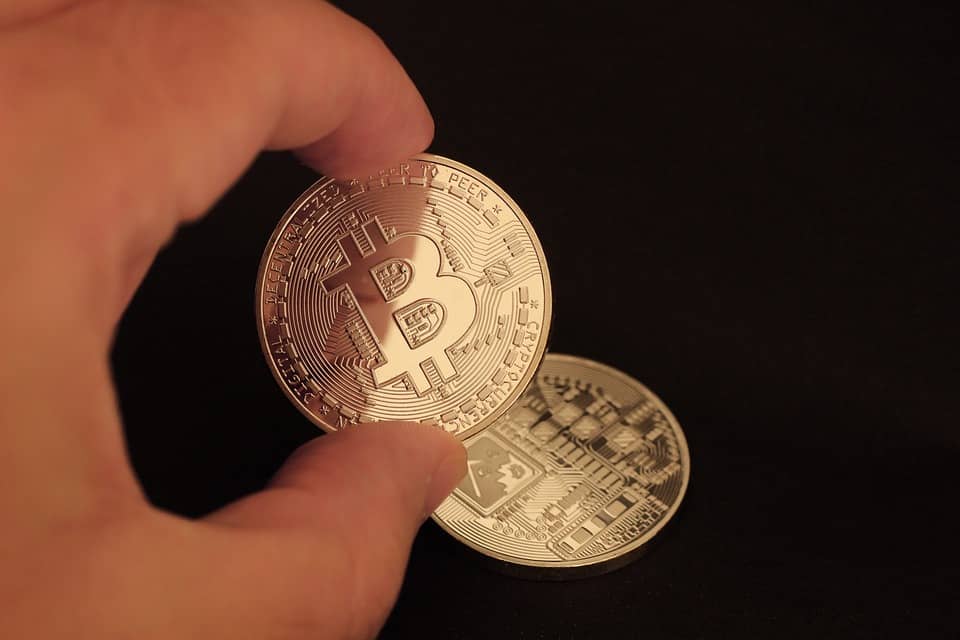Demystifying Altcoins: A Beginner’s Guide to Cryptocurrencies Beyond Bitcoin
The world of cryptocurrencies has grown exponentially since the introduction of Bitcoin in 2009. While Bitcoin remains the most well-known and widely accepted cryptocurrency, the term "altcoin" has become increasingly popular. But what exactly are altcoins, and how do they differ from Bitcoin? In this article, we’ll demystify the world of altcoins and provide a comprehensive guide for beginners to understand the intricacies of cryptocurrencies beyond Bitcoin.
What are Altcoins?
Altcoins are alternative cryptocurrencies that have emerged as a response to the limitations and constraints of Bitcoin. The term "altcoin" was coined in 2011, and since then, hundreds of altcoins have been created. Altcoins are often designed to improve upon the flaws of Bitcoin, such as faster transaction times, lower fees, or more anonymity. Some altcoins have also introduced new features, such as smart contracts, decentralized applications (dApps), and tokenized assets.
Types of Altcoins
Altcoins can be broadly categorized into several types, each with its unique characteristics and use cases:
- Token-based altcoins: These altcoins are built on top of existing blockchain platforms, such as Ethereum or NEO. They use the same blockchain technology as the underlying platform but offer unique features or functionality.
- Blockchain-based altcoins: These altcoins have their own blockchain technology, which is separate from other blockchains. Examples include Litecoin, Monero, and Dash.
- Fork-based altcoins: These altcoins are created by forking an existing blockchain, such as Bitcoin. This means that the new blockchain starts from the same block as the original blockchain and then diverges. Examples include Bitcoin Cash and Ethereum Classic.
- Utility altcoins: These altcoins are designed to provide a specific utility or service, such as storage or data processing. Examples include Filecoin and Sia.
Key Features of Altcoins
Altcoins often offer features that differentiate them from Bitcoin and other cryptocurrencies. Some of the key features of altcoins include:
- Faster transaction times: Many altcoins, such as Litecoin and Dash, have faster transaction times than Bitcoin.
- Lower fees: Altcoins like Ethereum and NEO have lower transaction fees than Bitcoin.
- Improved anonymity: Altcoins like Monero and Zcash offer improved anonymity and privacy features.
- Smart contracts: Altcoins like Ethereum and NEO have built-in support for smart contracts, which enable the creation of decentralized applications (dApps).
- Decentralized governance: Some altcoins, like DAO (Decentralized Autonomous Organization), have decentralized governance models that allow holders to vote on changes to the protocol.
How to Choose an Altcoin
With so many altcoins available, it can be overwhelming to choose the right one. Here are some factors to consider when selecting an altcoin:
- Use case: Consider the use case of the altcoin. Is it designed for fast transactions, smart contracts, or decentralized governance?
- Community: Look for altcoins with an active and engaged community.
- Development: Consider the development team and their track record of releasing updates and patches.
- Security: Assess the security features of the altcoin, such as its consensus algorithm and encryption methods.
- Market capitalization: Consider the market capitalization of the altcoin, which can affect its liquidity and volatility.
Conclusion
In conclusion, altcoins offer a diverse range of features and use cases that set them apart from Bitcoin and other cryptocurrencies. From faster transaction times to improved anonymity, altcoins cater to different needs and preferences. By understanding the types of altcoins, their key features, and how to choose the right one, beginners can navigate the world of altcoins with confidence.
FAQs
Q: What is the difference between Bitcoin and altcoins?
A: Bitcoin is the first and most well-known cryptocurrency, while altcoins are alternative cryptocurrencies that have emerged as a response to the limitations and constraints of Bitcoin.
Q: Are altcoins less secure than Bitcoin?
A: Not necessarily. While some altcoins may have security concerns, many have implemented robust security measures to protect their networks.
Q: Can I use altcoins to buy goods and services?
A: Yes, many merchants accept altcoins as a form of payment. However, the acceptance of altcoins is limited compared to Bitcoin.
Q: Are altcoins regulated?
A: The regulation of altcoins varies by country and region. Some governments have implemented specific regulations or guidelines for the use of altcoins, while others have not.
Q: How do I store my altcoins?
A: You can store your altcoins in a digital wallet, such as a software wallet or a hardware wallet. Make sure to choose a reputable and secure wallet provider.
Q: Can I mine altcoins?
A: Yes, many altcoins can be mined using specialized hardware or software. However, the mining process and requirements vary by altcoin.
Q: Are altcoins a good investment?
A: As with any investment, the value of altcoins can fluctuate rapidly. It’s essential to do your own research and consider the risks before investing in altcoins.
By understanding the basics of altcoins, beginners can take the first step in exploring the vast and exciting world of cryptocurrencies beyond Bitcoin.

Leave a Reply